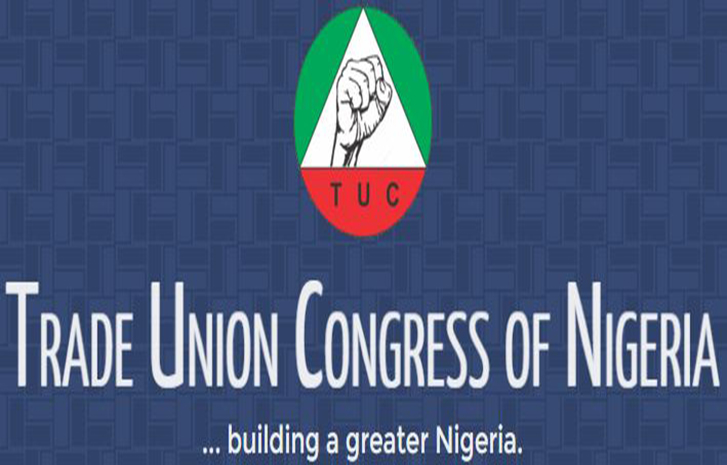The National Industrial Court, Lagos Division has fixed Aug. 24 to deliver ruling in applications filed by two unions seeking to be joined in a suit filed against the Trade Union Congress of Nigeria (TUC) by some of its affiliate unions.
The presiding Judge, Justice Rabi Gwandu, fixed the date on Thursday, August 4, in Lagos.
Some of the TUC members have been having leadership tussles since May 2022 over the position of the union’s president and other major positions in the union.
Read Also: FCCPC Warns Power Authorities Against Disconnection Without Prior 10-Day Notice
One of the unions, the Association of Senior Staff of Banks, Insurance and other Financial Institutions (ASSBIFI), and nine other affiliate unions from the TUC are seeking redress over the leadership crisis.
At the hearing, Mr Johnson Esezoobo, Counsel to the second defendant, Petroleum and Natural Gas Senior Staff Association of Nigeria (PENGASSAN), filed an application seeking for the defendant to join in the suit.
Also, Mr Babatunde Adewusi, Counsel to one of the affiliate unions, a claimant, Association of Senior Civil Servants of Nigeria (ASCSN), filed an application seeking for the claimant to join the suit.
Speaking to the press after the court sitting, Counsel to all claimants, including ASSBIFI and nine other affiliate unions, Mr Timothy Adewale, said;
We oppose the application for PENGASSAN; we have no objection to ASCSN to join as a claimant.
This is because the union can see the integrity of the just cause of the claimants.
Earlier, Adewale revealed that he had brought to the attention of the court what he described as, the flagrant disobedience of the defendant (TUC) to an order given by the NIC, Lagos division on July 8.
Judge Gwandu had stopped TUC from holding its 12th triennial delegates’ conference pending the hearing and determination of the substantive suit before the court.
Gwandu also granted an order of interlocutory injunction restraining the defendant (TUC), its officials or agents from conducting election into the position of president and other national offices of the congress pending the hearing and determination of the substantive matter.
Adewale said;
In the discharge of our duty to the honourable court, we brought the attention of the court, the acts of the defendants in disobeying the order of the court.
The court gave the order that there should not be a conference or any election; they disobeyed it: they went ahead; they had their election- a flagrant disobedience to the court order.

